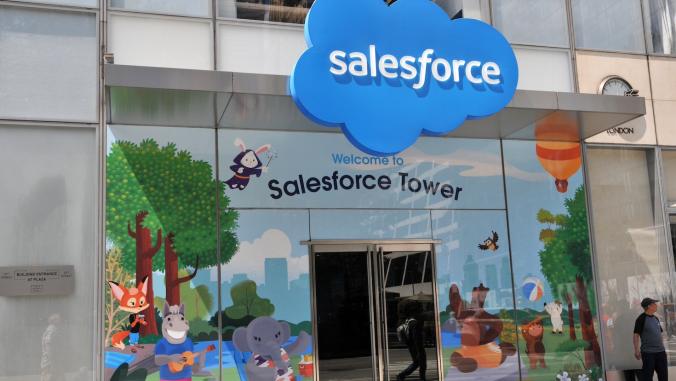Beyond spreadsheets: How savvy sustainability efforts can pay off
<p>Companies can save -- and even make -- money from their sustainability initiatives if they bring military precision to tracking, modeling and analyzing the data generated.</p>

Putting sustainability measures in place can pay off if companies take a disciplined, data-based approach, experts say.
That means analyzing data in a systematic way, and being methodical about prioritizing projects. Such an approach can expose deeper potential cost savings and revenue generation opportunities, according to a panel of experts experienced with helping companies link sustainability more explicitly to financial results.
"Environmental actions yield business performance improvements," noted Mike Nicholus, director of the Global Environment Program at Accenture, during this week's GreenBiz Webinar, "Leveraging Sustainability to Drive Efficiency and ROI."
The common refrain during the Webcast was one that will surprise few sustainability managers: the most effective enterprise-wide sustainability programs use decision-making tools that go beyond disjointed spreadsheets to help guide strategy. Too many companies continue to manage this data in a vacuum, they said.
"Sustainability performance touches all aspects of your business," said Mark Serwinowski, CEO and founder of MetaVu, a sustainable business advisory firm.
These tools must integrate data inputs that reach across a company's enterprise resource planning data, financial planning databases and other operational information resources, said Julien Picaud, Product Manager for Enablon, which develops sustainability performance software.
Technology can help provide better structure around decisions by enabling more specific baseline reporting, metrics analyses and scenario analyses, according to Picaud. It can also be used to explicitly document corporate targets and track specific projects, so information is shared internally; to offer up best practices templates, so different divisions can benefit from the mistakes and successes of other units; and to help select initiatives that should receive investments, based on their expected return.
"Measurement, measurement, measurement" has been instrumental in helping Accenture select its sustainability initiatives, Nicholus said.
More than 85 percent of the consulting and services firm's greenhouse gas emissions are from the electricity used to run Accenture's offices and the Scope 3 business travel of its 250,000 employees, he said. Accenture uses gross energy consumption and kilowatt-hours per meters squared to prioritize. "We focus on locations where we can get the best return for our investments," Nicholus said.
Empowering local leaders with this data can pay off, panelists said. For example, internal operations managers in Johannesburg, South Africa were responsible for helping quickly cut the office's energy consumption by 10 percent. Among the contributors: adjustments to lighting, scheduling for water pumps, and timers on ice machines.
MetaVu's Serwinowski offered examples of more than 10 companies across multiple industries that have managed to equate sustainability efforts with shareholder value and financial results -- including American Electric Power, Bank of America, Cisco, Coca-Cola, GE, GlaxoSmithKline, Shaw Floors, Shell, Unilever and UPS.
These companies use best practices that measure, manage and communicate progress on an ongoing basis, Serwinowski said.
UPS has recalibrated its business model by more closely evaluating the impact of each package in its logistics chain. That has yielded new offerings such as its carbon-neutral shipping program, which charges customers a small fee to offset the environmental impact of the delivery.
Unilever, meanwhile, is reshaping how the company approaches resources across its entire supply chain through its 10-year Unilever Sustainable Living Plan.
Companies that balance profits with purpose and natural resource responsibility will become increasingly relevant, Serwinowski said.
"Consumers and corporations are looking to ensure that those companies they connect with are the kinds of companies that will be around for a while and that they are doing the right thing," he said. "Those are the kinds of companies that will win a lot more revenue."





